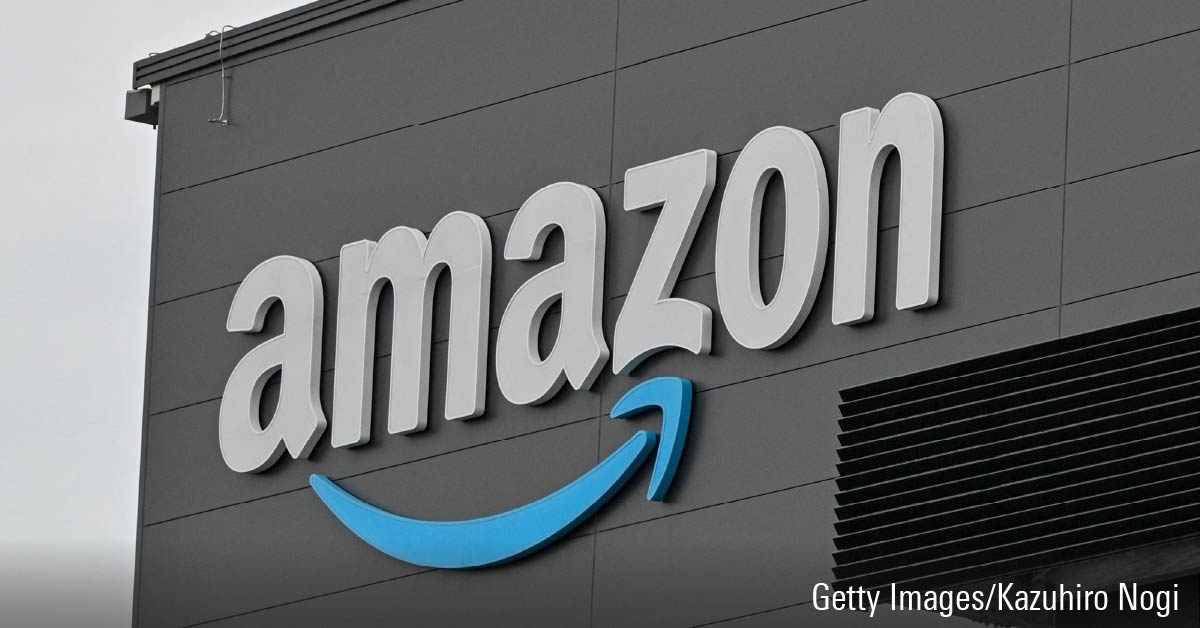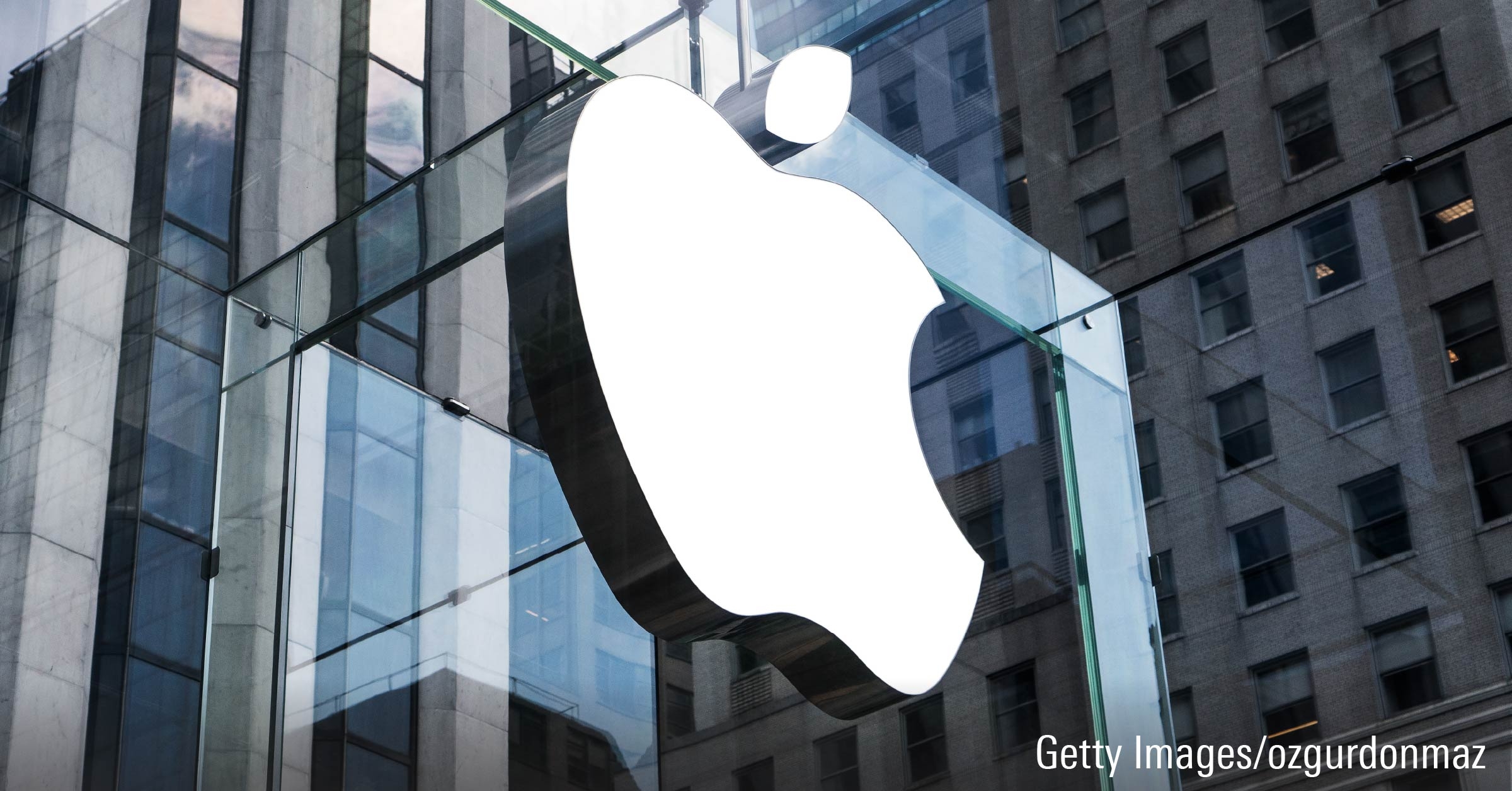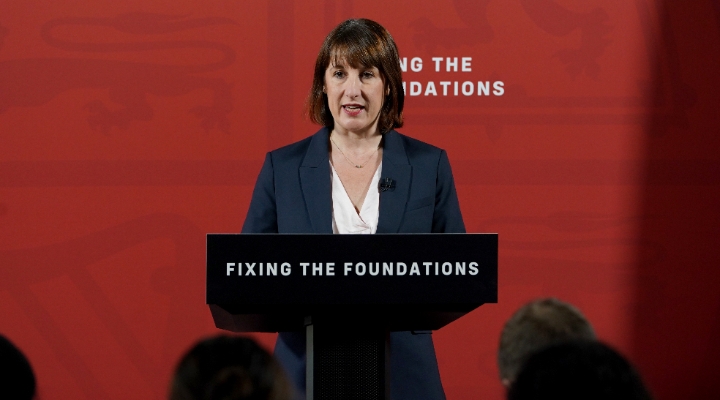This week Morningstar.co.uk is bringing you simple solutions from the experts about where you should put your money and why.
Emma Wall: Hello and welcome to Morningstar. I am Emma Wall and I'm joined today by Nick Kirrage, manager of the Schroder Recovery Fund.
Hi, Nick.
Nick Kirrage: Hi, Emma.
Wall: So I've just listened to your talk at the Morningstar Investment Conference, and you made some really interesting points about how there is no such thing necessarily as a great company which leads to great investment, it's all about price.
Kirrage: I think it's amazing actually. In the last 15 years, I don't think we've had a time when more people are confusing great companies and great investments. Great companies have everything that you would want to own about a business, great cash flows and barriers to entry and brands, all those things are wonderful. But they are not necessarily a great investment. The only thing that makes a great company, a great investment is a fantastic price.
Wall: I think you made a really interesting point as well, using tech stocks as an example, because everyone remembers the tech bubble bursting. But then, if you look at what has become so integrated into our lives, its technology, I mean it's not that technology was a bad bet, it's just that buying it at extremely high price was wrong?
Kirrage: You know it's very, very difficult for people to understand that, even if you get the full cost correct, and let's face it, people say tech would changes our lives and it absolutely has. I mean it's changed everyone lives. Everyone has the internet on their phone and internet shops today. It's hard to think of a way in which tech has not touched our lives or changed or lives, and yet buying tech investments was the wrong thing to do. You made no money out of that, because again, you were right about the future, but you are wrong about the price you paid, and that's the important lesson.
Wall: And that's the thing that that's just goes to point out that, there are very few constants in the market. You said over those last 15 years, where we've seemed to have worked extremely hard and actually not gone very far at all. The politics has changed, policy has changed, industry has changed, but there has been constant and that's humans. But how can you use that knowledge to sort of dictate investment choices?
Kirrage: I think it is that human behaviour that fear and greed in the market that creates the opportunity. You tie yourself up in knots if you are trying to forecast the future the whole time in terms the way the macro will develop or the thematics or the politics, or the investments themselves.
If you had gone back 50 years, people would have thought, the internet was witchcraft. So all of those things, I think are very, very hard, and as we said with thing tech bubble, even if you nailed it and you were totally right, that doesn't necessarily lead you to make the right investments. So what we're looking to do as value investors, is understand how humans behave. When they are being greedy, be cautious, and when they are being very fearful and scared, there are usually a lot of opportunities and it's about being brave.
Wall: We talked a bit there about what's happened in the past. You've just said, you can't really predict the future because there is so much change going on. But I think one of the big challenges facing investors right now is the fact that we know at some point bond yields are going to come up, bond prices are going to come down, so lot of the investors are answering that conundrum by just pouring money into equities. However, you made the point that bond yields will affect equities. So how do we solve that?
Kirrage: I think that relationship occurs in many, many different ways, from the justifications for higher valuations in the equity market, because bond yields are depressed or from M&A. There is a lot of speculation about whether M&A will accelerate from here because the biggest companies in the market, the most successful businesses, the perceived stable businesses have never been able to finance cheaper in their entire history. So why wouldn't they take advantage of that to do some deals.
And I think that kind of concerns us in the way that it has the potential for the bond market behaviour, bubble, call it what you will to feed into the equity market – contagion in some way. That is something that we need to be eyes open about, something we need to think about and make sure we don't get swept along with. I think we're very conscious of that.
Wall: I suppose that bring us back to price, that's only barometer you can rely on?
Kirrage: In the end. In the end, the price is the obsession for us, and history suggests that's a fine obsession.
Wall: Nick, thank you very much.
Kirrage: Thanks Emma.
Wall: This is Emma Wall for Morningstar. Thank you for watching.






























